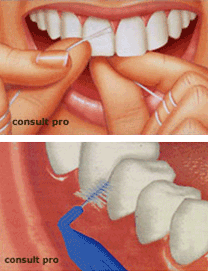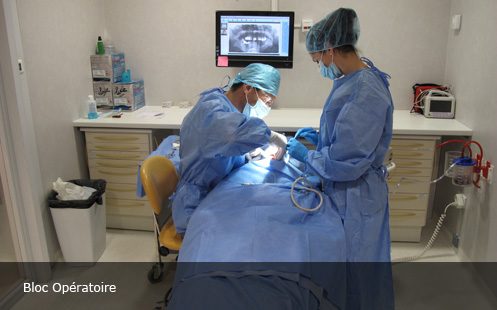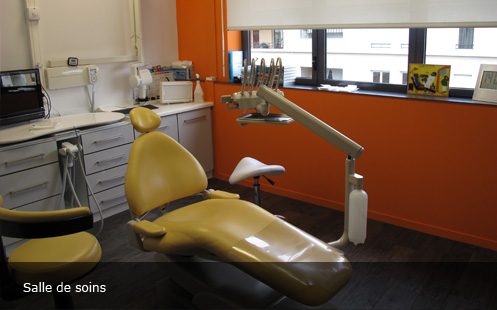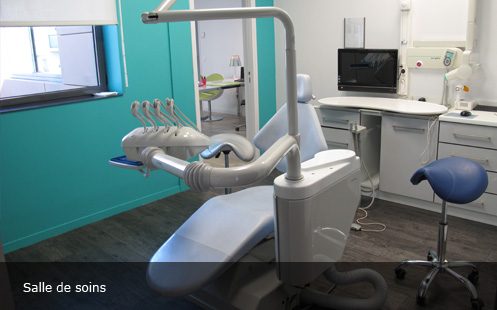Dental hygiene
Dental plaque
Plaque is a colourless film that forms constantly on the surface of teeth. It causes tooth decay and gum disease (inflammation of the gums, periodontal disease, etc.).
Tartar
When dental plaque hardens it turns into tartar, the cause of many gum problems. Brushing has no effect on tartar; it can only be removed by your dentist, using a technique known as scaling.
If tartar has developed under your gums, your dentist may also suggest periodontal deep cleaning, which involves cleaning and disinfecting the area around the roots of your teeth. This procedure is carried out under local anaesthetic.
Tips for effective brushing
 Brushing your teeth for around 3 minutes, 3 times per day, after each meal, is the best way to keep your teeth healthy, remove plaque, prevent tooth decay, and protect your gums from disease.
Brushing your teeth for around 3 minutes, 3 times per day, after each meal, is the best way to keep your teeth healthy, remove plaque, prevent tooth decay, and protect your gums from disease.
Brushing your teeth regularly and properly can remove up to 50% of plaque.
Brushing technique

Brush your upper and lower teeth separately, using a TOOTHBRUSH WITH SOFT BRISTLES.
1 – Alternate vertical and rotational movements from the gums to the teeth, in order to brush both teeth and gums,
2 – Brush the inside of your teeth, still from the gums to the teeth
3/4 – The masticatory surfaces of the teeth (which do the chewing), all the way round to the wisdom teeth,
5 – Use the tip of the toothbrush to brush your incisors,
6 – Do not brush horizontally.
SEE A VIDEO OF TOOTH-BRUSHING TECHNIQUE by: Assurance Maladie TIP: Avoid snacking during the day and limit the consumption of cariogenic foods (acidic drinks and foods rich in sugar) especially outside meals.
Change your toothbrush when the bristles start to get worn, on average, every two months.
Dental floss and interdental brushes
 Every time you brush, it is also worth using dental floss to remove plaque from between your teeth.
Every time you brush, it is also worth using dental floss to remove plaque from between your teeth.
If the gaps between your teeth are too large for flossing to be effective, you can use an interdental brush.
A balanced diet
Eating a healthy and balanced diet also contributes to good oral health. Avoid snacking during the day and avoid consuming too many acidic drinks or sugary foods (cause tooth decay), especially between meals.
This is especially important for children, when their permanent teeth begin to emerge, but it is also important for adults: avoid eating sugary foods, as they increase the risk of tooth decay.
Have regular check ups
It is advisable to visit your dentist for a check-up every six to twelve months. This visit will allow the dentist to check the health of your teeth and gums, detect any signs of tooth decay and, if necessary, scale your teeth.











